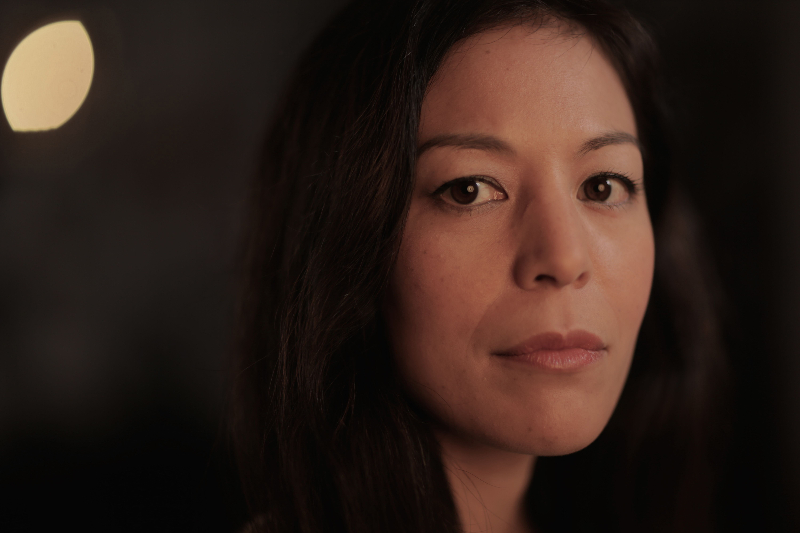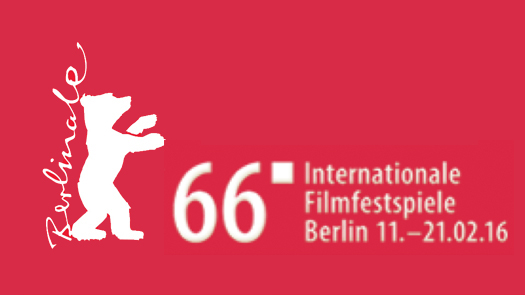Berlin Film Festival 2016: Sonia Kennebeck: An interview with the director of National Bird

For her first feature-length documentary, Sonia Kennebeck did not set herself an easy task. National Bird is screening at the 2016 Berlin International Film Festival, and is effective in its ability to shock and distress. The film depicts the use of combat drones in modern warfare, and Kennebeck was able to find three key protagonists who decided to open up about the horrors they witnessed when they worked in the drone programme. We sat down with Sonia to talk about the struggles of making such a difficult film, and why she became cautious about being targeted by the FBI and other US government departments.
What led you to decide on National Bird as your first feature-length project?
My background is in research and investigative journalism, and that is really what I know how to do. This is actually the first time that whistleblowers, three people from the inside of the drone program, are speaking out. One of them, Daniel, was still working for the military as a private contractor at the time of filming. They’re going on record, which is huge. A lot of the time you see “anonymous sources” and my approach was to get these experts talking on the record. When I started out to do the film, and I had not seen anything or even read anything that had satisfied my curiosity, I really wanted to get people on the record, and I didn’t find one, but instead three. It was a surprise when I went to Afghanistan and I spoke with the victims and they said to me that in five years, no one has asked them for their story. And they really were happy. They said they wanted to tell the world what had happened to them, and that they’d had no opportunity.
Daniel was extremely cautious about how much he thought he could reveal on camera, because of the possible consequences against him. Were you concerned that you would become a target for making a film that revealed such shocking and sensitive information?
I have always been expecting the worst, and that’s why I was very cautious. It started ultra low-budget, with my savings, and my director of photography and I were filming on our own. When I got my first development money in the US, I asked them if I could actually use the money to hire a lawyer, and they said yes. And I went out and found this lawyer who was really an expert with First Amendment rights. Especially after the raid happened (Daniel’s home was actually raided by the FBI during production), they told me that I might be next. I was waiting for the government to maybe start knocking on my door, but fortunately that didn’t happen. I had taken precautions, I never had any material at my place, or I never travelled with the material when I went in or out of the country. So I tried to be very, very careful.
Those on both side of the struggle are highly traumatised as a result of the drone program, no matter whether they were a victim of the attacks or the ones operating the drones. Do you feel an added responsibility when you interview a traumatised individual?
It’s certainly a lot of responsibility to interview someone who has been traumatised. And I had some experience with this before, when interviewing for shorter pieces. I’ve spoke to soldiers who fought in Kosovo, and victims of sexual abuse. And I must ask questions that no one in their environment would usually ask, and they don’t expect that necessarily, and those questions bring the people back to their experiences. So I make sure that they have support after the interview – with their family or a psychologist right after. And my director of photography also has a lot of experience with these types of interviews so we stick around to make sure.
What kind of emotional impact did the shoot have on you?
Of course this was a shoot that had a lot of impact, in particular when we went to Afghanistan. And there was one interview with two men and a little boy who never left his father’s side. That was touching and difficult, to go into a war zone where everything is so intense. There was a very large attack while we were there in 2015 – a large coordinated attack by the Taliban. It was just a couple of blocks from us. We felt the fear that everyone there is feeling…
Oliver Johnston
Read our review of National Bird here.
Read more of our reviews and interviews from the festival here.
For further information about Berlin Film Festival 2016 visit here.



























Facebook
Twitter
Instagram
YouTube
RSS